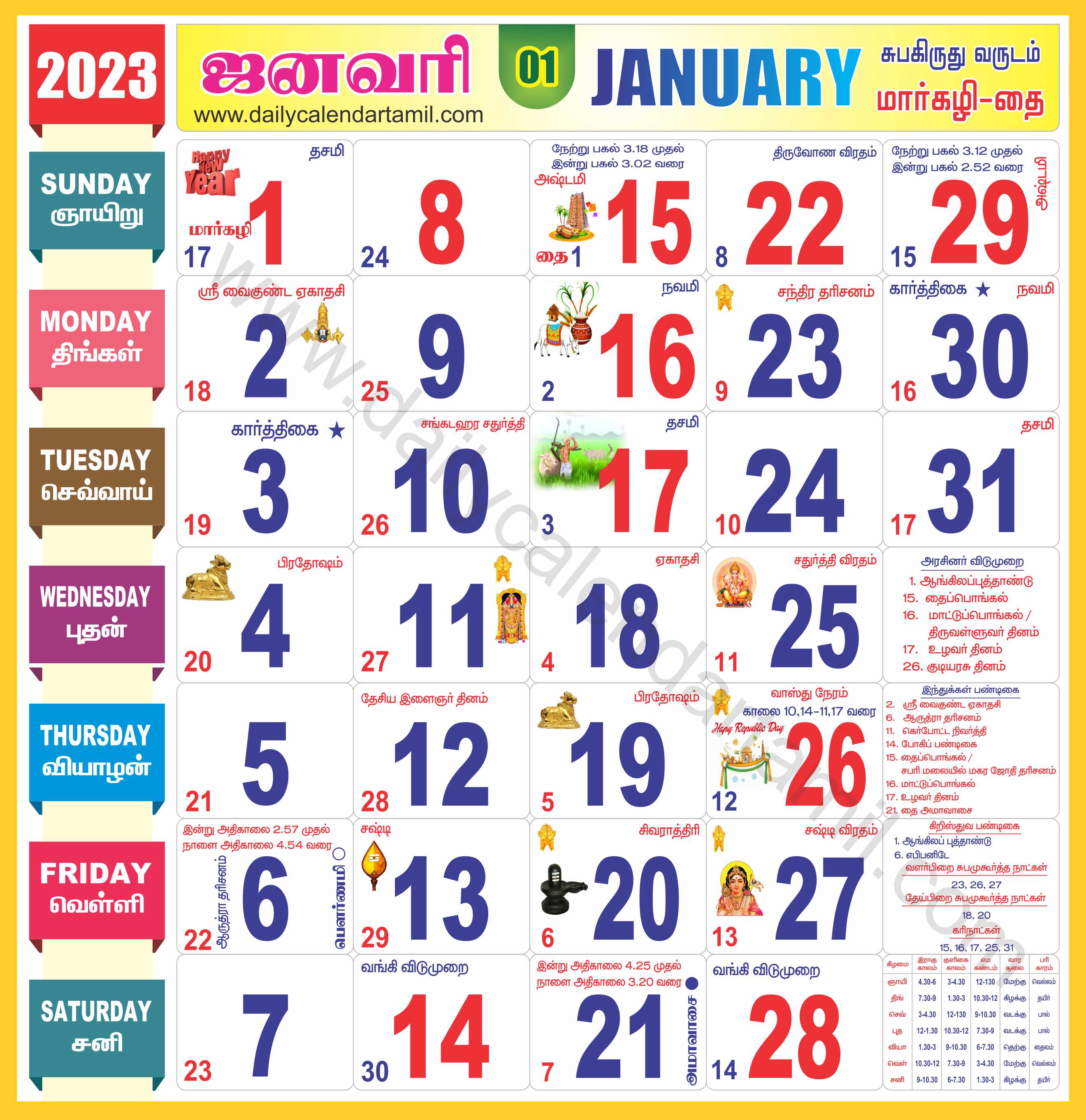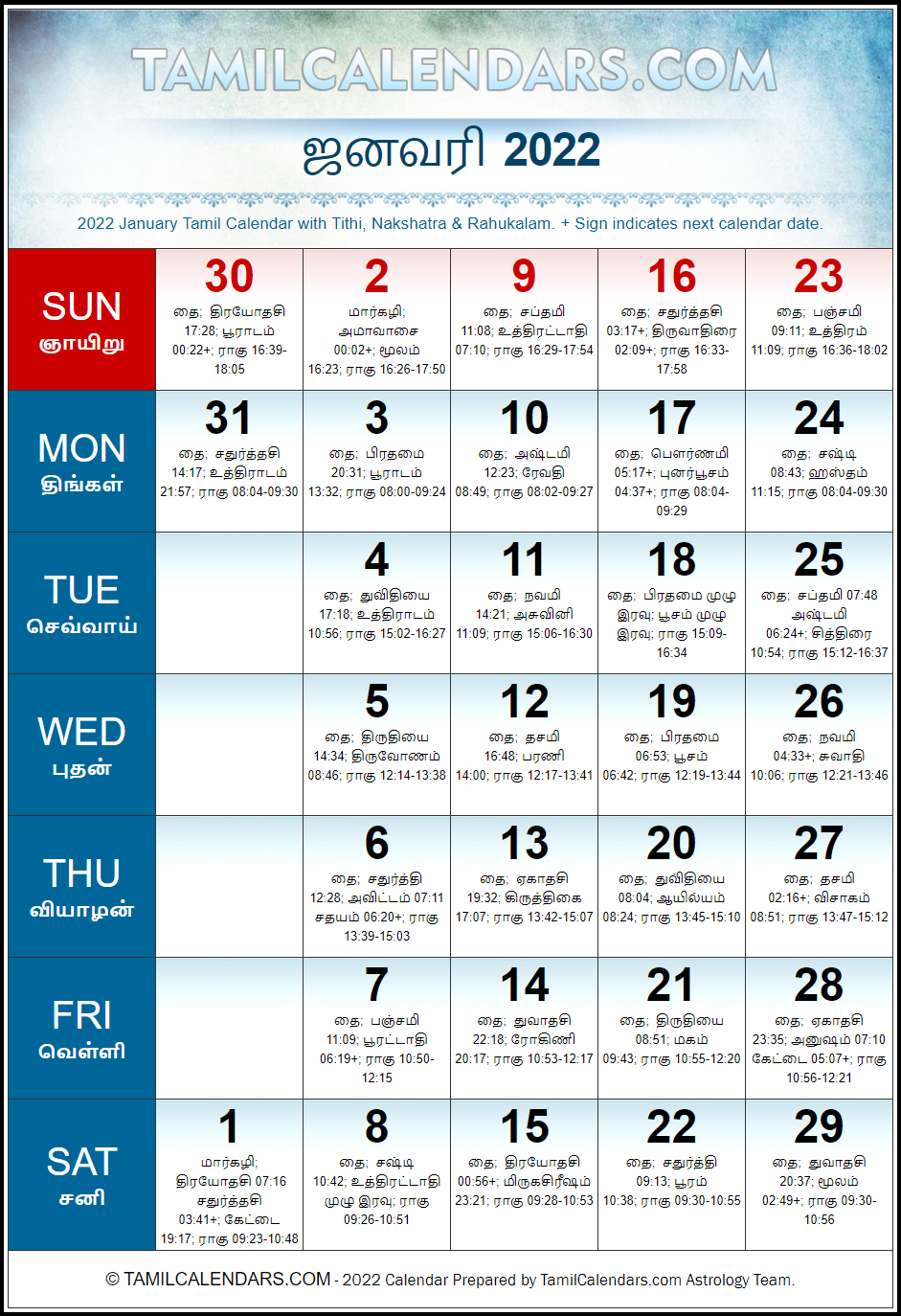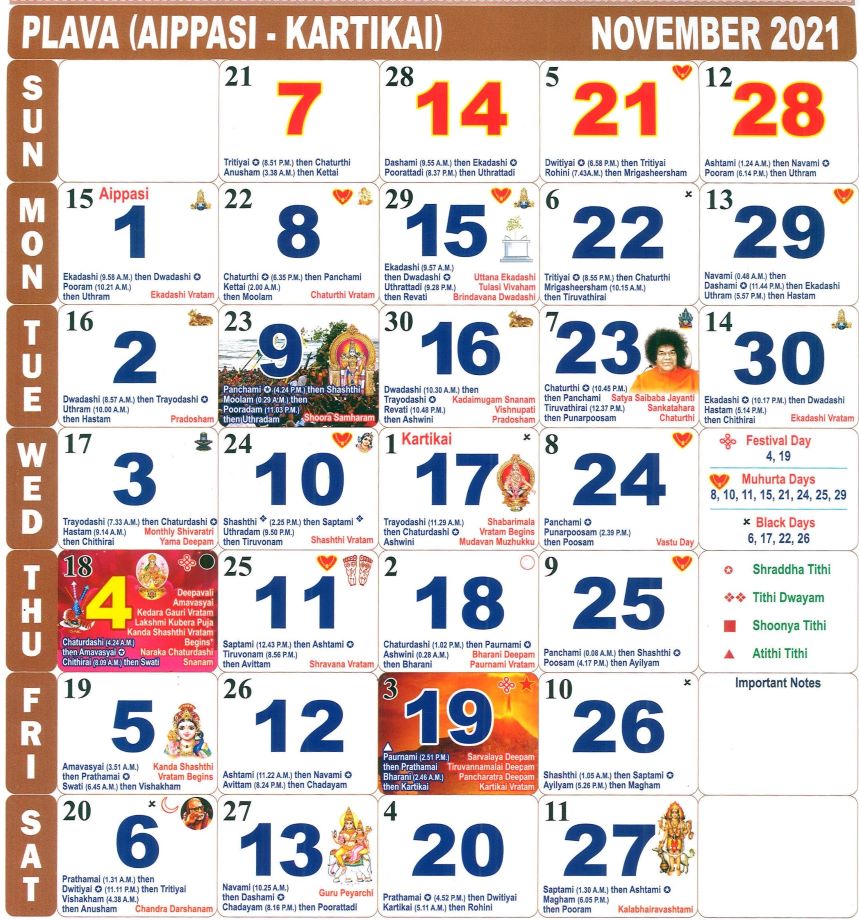Navigating Time: A Deep Dive into the 2025 January Tamil Calendar
Navigating Time: A Deep Dive into the 2025 January Tamil Calendar
Introduction
In this auspicious occasion, we are delighted to delve into the intriguing topic related to Navigating Time: A Deep Dive into the 2025 January Tamil Calendar. Let’s weave interesting information and offer fresh perspectives to the readers.
Table of Content
Navigating Time: A Deep Dive into the 2025 January Tamil Calendar

The Tamil calendar, a system of time reckoning rooted in the rich cultural tapestry of South India, holds a profound significance in the lives of millions. This calendar, with its unique structure and distinct features, offers a window into the cultural, religious, and social practices of the Tamil people. The 2025 January Tamil calendar, in particular, presents a valuable tool for understanding and participating in the diverse events and celebrations that mark the beginning of the year.
Understanding the Tamil Calendar’s Structure
The Tamil calendar, unlike the Gregorian calendar widely used in the West, follows a lunisolar system, aligning with both the lunar cycles and the solar year. This intricate system, known as the "Thiruvalluvar Calendar," is characterized by:
- Months: The Tamil calendar comprises twelve months, each named after specific astrological constellations. These months are: Chithirai, Vaikasi, Aani, Aadi, Aavani, Purattasi, Aippasi, Karthigai, Maargazhi, Thai, Maasi, and Panguni.
- Days: The days are divided into 30 "Thithi" (lunar days), each associated with a specific deity. These days are further subdivided into 27 "Nakshatra" (lunar mansions), each with its own unique characteristics and astrological significance.
- Years: The Tamil year commences on the day of the "Ugadi" festival, which typically falls in March or April according to the Gregorian calendar. The years are counted according to the "Kali Yuga," a chronological system that dates back to 3102 BCE.
Decoding the 2025 January Tamil Calendar
The 2025 January Tamil calendar, which corresponds to the month of "Thai," holds special significance for the Tamil community. This month is traditionally associated with Pongal, a four-day harvest festival celebrated with great enthusiasm and fervor.
Key Features of the 2025 January Tamil Calendar:
- Pongal: The 2025 January calendar marks the auspicious occasion of Pongal, which falls on January 14th and 15th. This harvest festival, celebrated over four days, symbolizes gratitude for the bounty of the land and celebrates the new year.
- Thiruvalluvar Day: January 17th marks Thiruvalluvar Day, commemorating the birth anniversary of the legendary Tamil poet and philosopher Thiruvalluvar, author of the revered "Thirukkural" – a collection of ethical and moral maxims.
- Other Important Dates: The calendar also highlights other significant dates, including auspicious days for religious observances, festivals, and special rituals.
The Importance of the 2025 January Tamil Calendar:
- Cultural Connection: The 2025 January Tamil calendar serves as a vital link to the rich cultural heritage of the Tamil people. It provides a framework for understanding and participating in traditional practices, festivals, and rituals that have been passed down through generations.
- Religious Observances: The calendar guides the observance of religious festivals and ceremonies, allowing individuals to align their spiritual practices with the lunar cycles and astrological influences.
- Social Cohesion: The calendar fosters a sense of community and shared identity by providing a common framework for celebrating cultural events and religious observances.
- Practical Utility: The calendar serves as a practical tool for planning daily activities, scheduling events, and navigating the complex system of festivals and religious observances.
Frequently Asked Questions (FAQs) about the 2025 January Tamil Calendar:
Q1: How does the Tamil calendar differ from the Gregorian calendar?
A1: The Tamil calendar is a lunisolar calendar, aligning with both the lunar cycles and the solar year, while the Gregorian calendar is a solar calendar solely based on the solar year. This difference in reckoning leads to variations in the dates of festivals and events.
Q2: What are the main festivals celebrated in January 2025 according to the Tamil calendar?
A2: The most prominent festival celebrated in January 2025 is Pongal, a four-day harvest festival that marks the beginning of the Tamil New Year. Thiruvalluvar Day, commemorating the birth anniversary of the legendary poet, is also celebrated in January.
Q3: How can I find a 2025 January Tamil calendar?
A3: You can access the 2025 January Tamil calendar online through various websites dedicated to Tamil culture and calendar information. Additionally, local Tamil community organizations or temples may also distribute printed copies of the calendar.
Q4: What are some tips for using the 2025 January Tamil calendar?
A4:
- Familiarize yourself with the structure: Understand the basics of the Tamil calendar system, including the months, days, and year reckoning.
- Consult the calendar regularly: Keep the calendar handy to stay informed about upcoming festivals, auspicious days, and religious observances.
- Participate in cultural events: Use the calendar as a guide to participate in traditional celebrations and rituals that foster cultural connection and community.
Conclusion:
The 2025 January Tamil calendar stands as a testament to the enduring legacy of Tamil culture and its profound influence on the lives of millions. Its intricate structure, unique features, and rich symbolism provide a valuable window into the traditions, beliefs, and practices of the Tamil people. By understanding and utilizing this calendar, individuals can connect with their cultural heritage, participate in meaningful events, and foster a deeper appreciation for the vibrant tapestry of Tamil life.






Closure
Thus, we hope this article has provided valuable insights into Navigating Time: A Deep Dive into the 2025 January Tamil Calendar. We appreciate your attention to our article. See you in our next article!